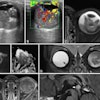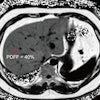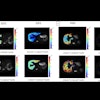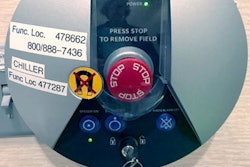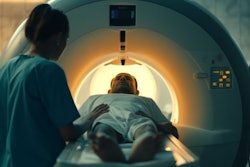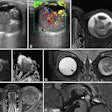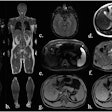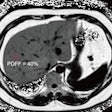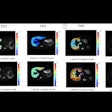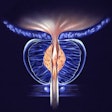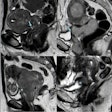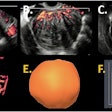Errors made by a former radiology consultant who reported on cardiovascular MRI scans at Royal Derby Hospital, U.K., have come under review to determine if they contributed to misdiagnoses or deaths.
The review has examined 1,224 cases between 2013 and 2020 involving the unnamed radiologist, according to a report from BBC News posted on 4 July. Concerns were raised by colleagues in November 2020.
In an audit of 63 cases, the initial review found the doctor's discrepancy rate was 37%, whereas the typical discrepancy rate for cardiac MRI scans is 5%. A discrepancy rate for all cases has not yet been provided. The review is due to be published in full later this year. The review was due to conclude in January, extending into April, and is still pending, the BBC article noted.
The affected patients have been contacted by the University Hospitals of Derby and Burton National Health Service (NHS) Foundation Trust.
Of the 1,224 patients, a total of 176 have now died; 101 of those patients had a "misreported" cardiovascular MRI scan, the BBC noted. A medical examiner is reviewing those records to determine if any of the 101 deceased patients showed evidence that their misreported MRIs, or any subsequent treatment delay associated with the MRIs, was "likely" to or "could" have contributed to, accelerated, or caused any of their deaths.
Furthermore, the review found that two cases showed "definite omission or misinterpretation with unequivocal potential for serious morbidity or threat to life"; 102 cases showed "definite omission or interpretation of finding with strong likelihood of moderate morbidity but not threat to life."
In 361 cases, "clinical significance of disagreement is debatable, or likelihood of harm is low"; in an additional 378 cases, the review found "disagreement over style and/or presentation of the report, including failure to describe insignificant features."
A total of 120 patients had their cases recalled by the trust for further assessment due to evidence of "misdiagnosis ..." "which will have impacted treatment decisions and pathways," the BBC article continued. Of those patients, 41 were ascribed as suffering "low harm," based on assessment of risk from radiation from repeated MRI scans.
The NHS trust (or hospital group) has said the doctor is no longer with the organization, and it added that no concerns had been raised about the doctor’s "other areas of practice." Furthermore, it said that those involved in the review (including colleagues external to the organization) determined that the case did not meet U.K. General Medical Council (GMC) referral thresholds.
The GMC has confirmed that the doctor was still registered with a license to practice with no restrictions. The Medical Practitioners Tribunal Service (MPTS) has confirmed that no fitness to practice case has been brought by the GMC, the BBC article pointed out.
The NHS trust has apologized to the affected patients. It said that training and processes were at fault and added that changes have since been made to prevent recurrence.

